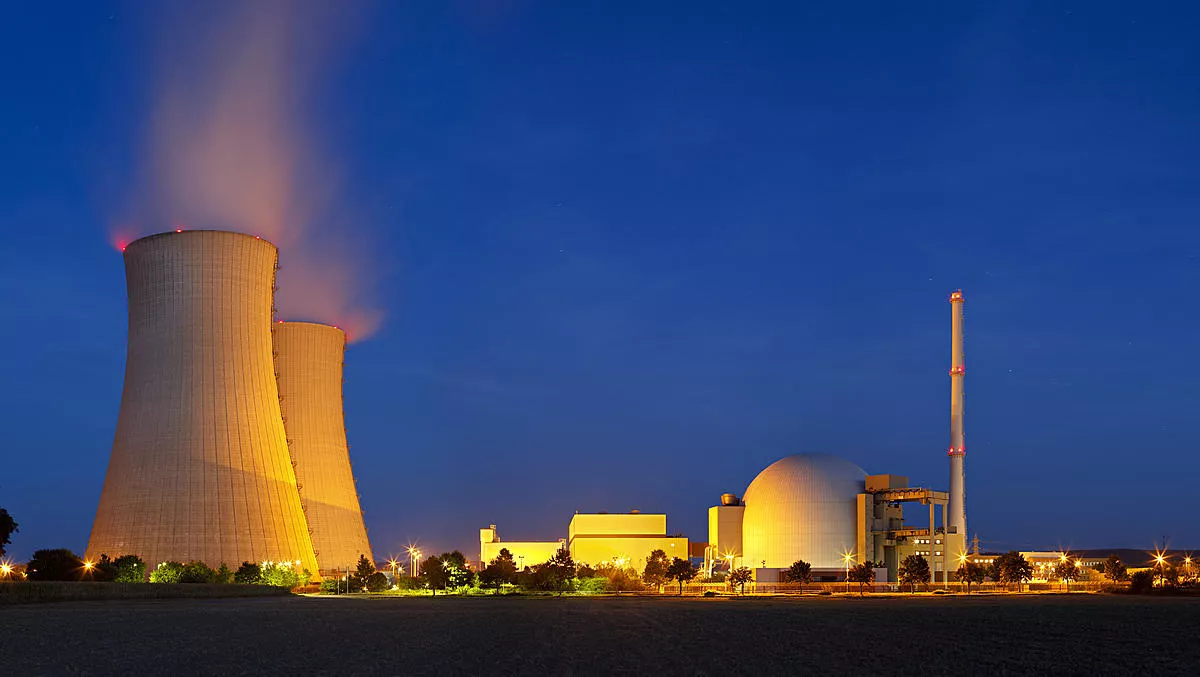
Nuclear sector encourages diversity & emerging tech
More than 300 students, professionals and delegates converged on Sydney last month to promote diversity in the nuclear sector, celebrating those who are using nuclear technologies and science in 'peaceful' ways.
The event, which was supported by the International Atomic Energy Agency (IAEA), featured IAEA deputy director general and head of nuclear sciences and applications, Najat Mokhtar.
Mochtar believes that diversity in the nuclear field is what makes the sector exciting.
"At the same time, in order to ensure that the full potential of nuclear technology and applications can unfold, we need a highly skilled and diverse nuclear workforce.
"We cannot afford to miss out on much-needed talents to address the development challenges that many countries still face, and for which our support is needed.
Participants at the event explored the role of young professionals in the nuclear industry.
"Attracting young professionals into the nuclear industry is important to ensure the continued availability of knowledge, skills and experience," says IATA spent fuel management specialist Laura McManniman.
Emerging technologies can also help to protect the public and environment, particularly in emergency preparedness situations.
IAEA incident and emergency centre's emergency response training officer Andrew Bramnik presented a case for the use of virtual reality (VR) for training radiation emergency workers.
"Demonstrating new technologies has helped to draw more attention to the nuclear industry: Not only in how the field operates but also how workers stay prepared for any type of event that might occur," explains Bramnik.
"As students and young professionals enter the industry, they're excited to find tools like virtual reality being employed to ensure that workers and the public remain safe.
Another keynote presentation explored the relationship between workforce sustainability and the sustainability of nuclear power.
"Engaging students and young professionals is important at all stages of a nuclear power programme's life, as it ensures that the process of embarking, expanding or phasing out nuclear power can always rely on the availability of qualified professionals," says McManniman.
To help ensure that the discussions held throughout the event benefitted from a diversity of voices and viewpoints, the Agency supported the attendance of 12 young professionals from all regions through the technical cooperation (TC) programme.
The professionals came from 10 countries: Bangladesh, Ghana, Indonesia, Kenya, Lesotho, Nigeria, Philippines, the United Republic of Tanzania, Zambia and Zimbabwe.
"We cannot afford to miss out on much-needed talents to address the development challenges that many countries still face, and for which our support is needed," concludes Mokhtar.

